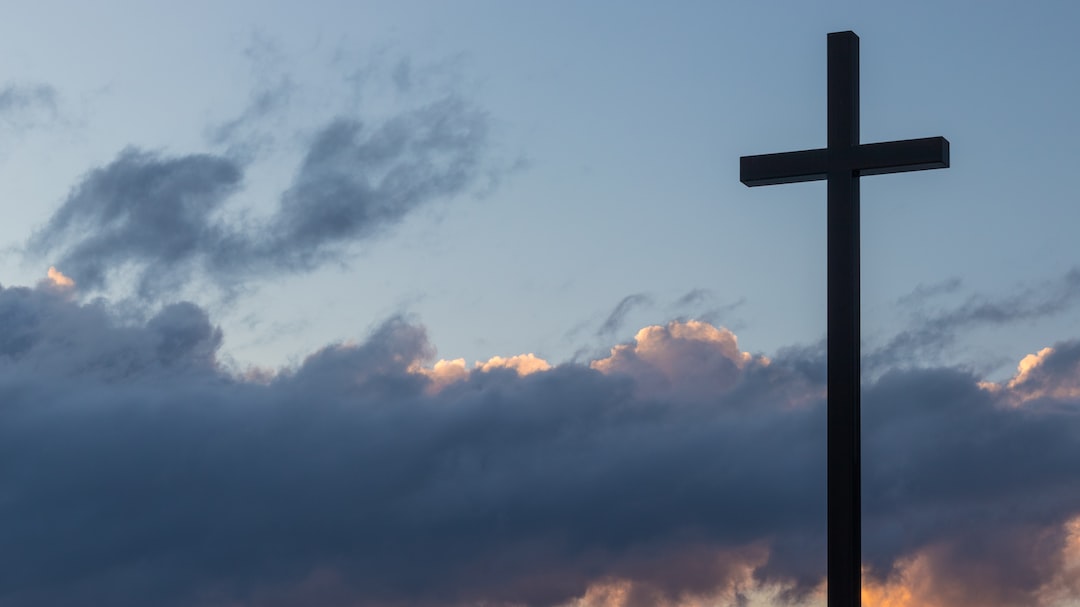Unveiling the Mysteries of Ancient Egyptian Religion and Mythology
The ancient Egyptians were a civilization deeply rooted in religion and mythology. Their beliefs were the driving force behind their culture, impacting everything from their art to their political structure. Today, we continue to be fascinated by their rich and complex religious beliefs, as they offer a glimpse into a world that is both captivating and enigmatic.
Egyptian religion was polytheistic, meaning the Egyptians worshipped multiple gods and goddesses. Each deity had their own role and significance within the pantheon, representing various aspects of nature, life, and the afterlife. One of the most prominent gods was Ra, the sun god, who was believed to be the creator of all things. Ra was often depicted as a man with the head of a falcon and was worshipped above all others.
Another important deity in Egyptian mythology was Osiris, the god of the underworld and the afterlife. He was responsible for judging the souls of the deceased and determining their fate in the afterlife. Osiris was depicted as a mummified king with green skin, symbolizing rebirth and fertility. His story played a crucial role in Egyptian funerary rituals, as the Egyptians believed in the importance of a successful journey to the afterlife.
The mythology of ancient Egypt was rich with intricate stories and tales that explained the origins of the world and the existence of certain practices and rituals. One such myth is the story of Isis and Osiris, which tells of the death and resurrection of Osiris and the birth of their son, Horus. This myth encapsulates the Egyptian belief in the cyclical nature of life and death and the power of rebirth.
The ancient Egyptians also believed in the concept of Ma’at, which was both a goddess and a fundamental principle of their society. Ma’at represented harmony, truth, and justice, and it was believed that when these principles were disrupted, chaos would ensue. The pharaohs, who were considered the sons of the gods, were responsible for upholding Ma’at and ensuring the prosperity of the kingdom.
The religion of ancient Egypt was deeply intertwined with their daily lives. The Egyptians offered sacrifices to the gods, performed rituals and ceremonies, and built magnificent temples and statues to honor their deities. They believed that by pleasing the gods, they would receive protection and blessings in return.
One of the most well-preserved examples of ancient Egyptian religion is the temple complex of Karnak. Located in modern-day Luxor, Karnak is a vast religious complex that served as a focal point for religious ceremonies and festivals. The complex consists of massive columns, statues, and hieroglyphs that depict the gods and goddesses worshipped by the ancient Egyptians.
The study of ancient Egyptian religion and mythology has been a never-ending pursuit for archaeologists and historians. The discovery of ancient texts, such as the Book of the Dead, has offered valuable insights into their beliefs and practices. The Book of the Dead is a collection of spells and prayers that were buried with the deceased to guide them through the afterlife. It reveals the Egyptians’ great reverence for death and their meticulous preparations for the journey beyond.
Despite the passage of millennia, the allure of ancient Egyptian religion and mythology continues to captivate us. It allows us to glimpse into the minds of these ancient people, to understand their hopes and fears, and to appreciate the beauty and complexity of their beliefs. From the majestic pyramids to the timeless hieroglyphs, the mysteries of ancient Egyptian religion and mythology continue to inspire awe and fascination.

